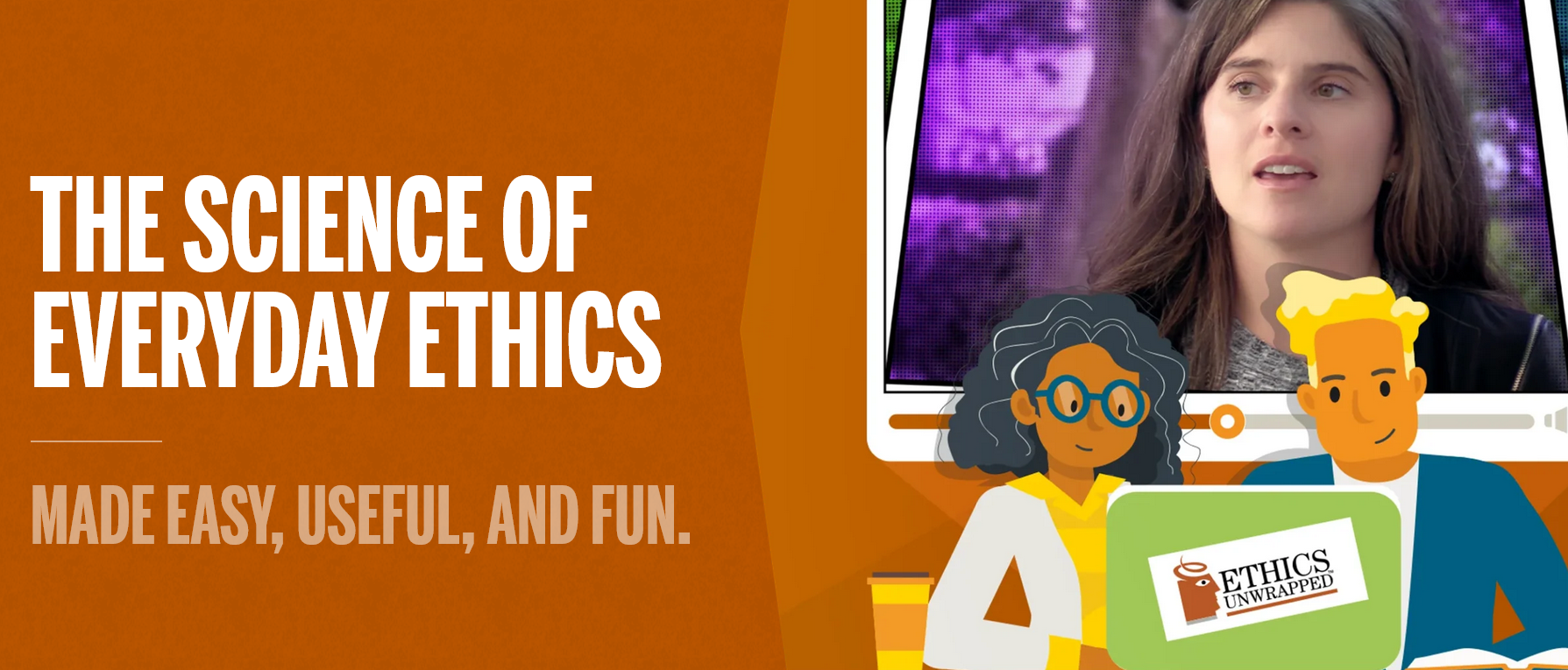Spotlight on Ethics
Spotlight on Ethics is a regular showcase of innovative ethics programming. Our most recent spotlight is highlighted here, and an archive of previous spotlights can be found below.
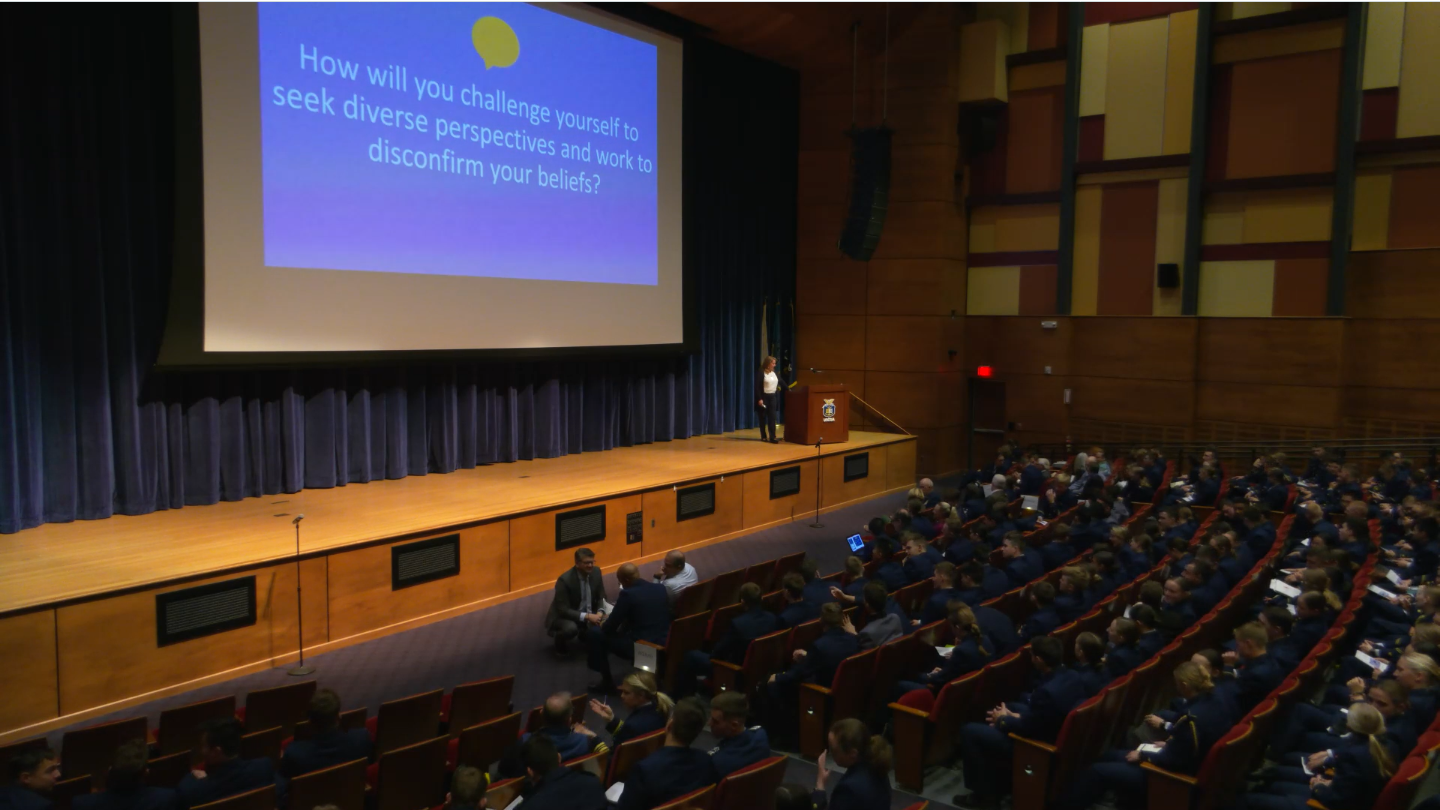
Building the Ethical Leadership Muscle
Founded in 1988 by U.S. Coast Guard Academy alumni concerned with deteriorating ethical standards in government, the Rear Admiral Wetmore Ethics Forum became a vital resource for equipping future officers.
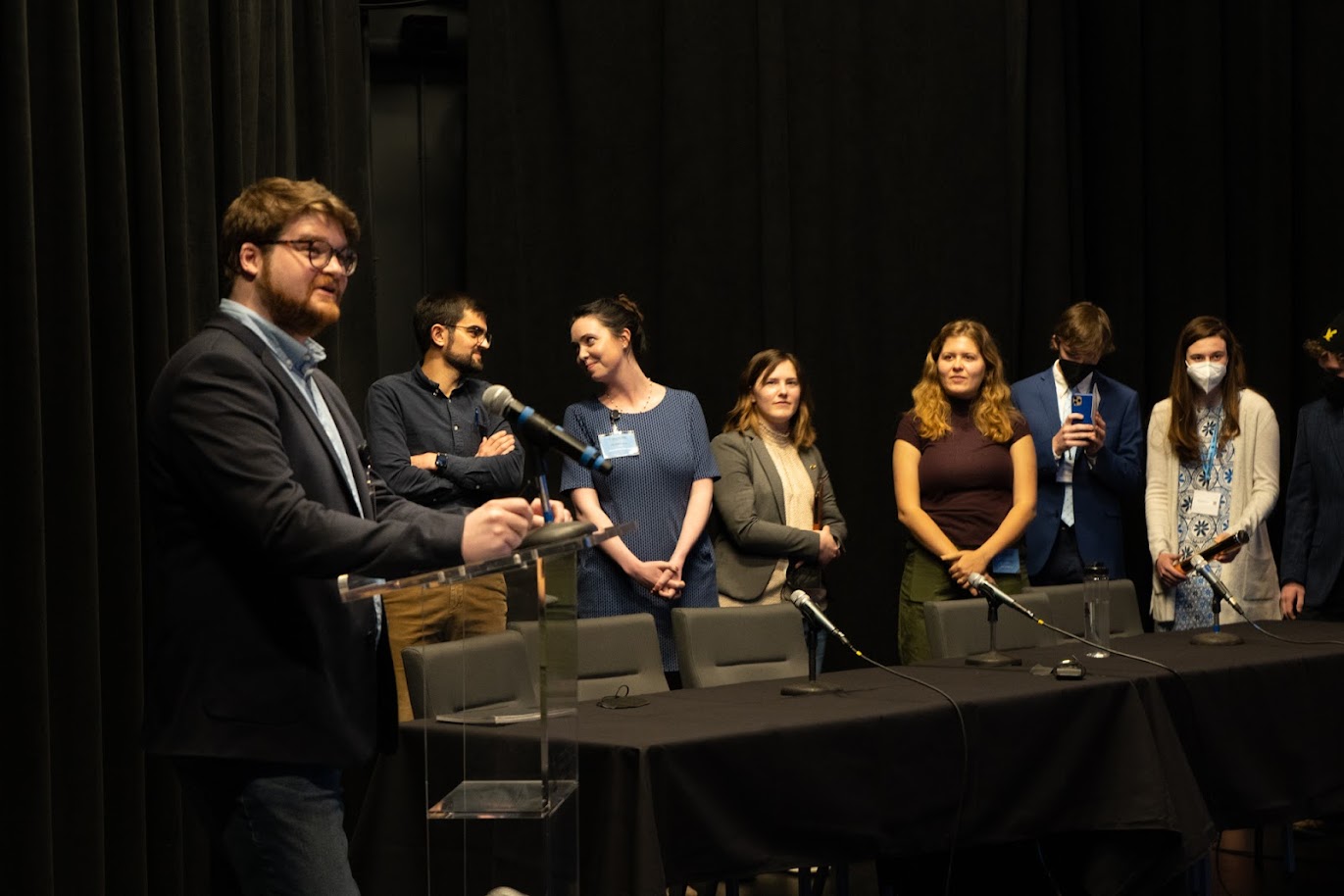
Expanding the Scope of Ethics Bowl
The National High School Ethics Bowl began life in 2012 at UNC-Chapel Hill’s Parr Center for Ethics, with 11 states’ and roughly 1000 students’ participation in a handful of regional competitions.

Life is Better With Ethics Podcast
The Western Michigan University Center for the Study of Ethics in Society began audio recording lectures and publishing them as podcasts following their new motto, “Life is better with ethics”.

Critical Conversation Series
Worcester Polytechnic Institute faces timely ethical questions head-on through its ongoing Critical Conversation Series.
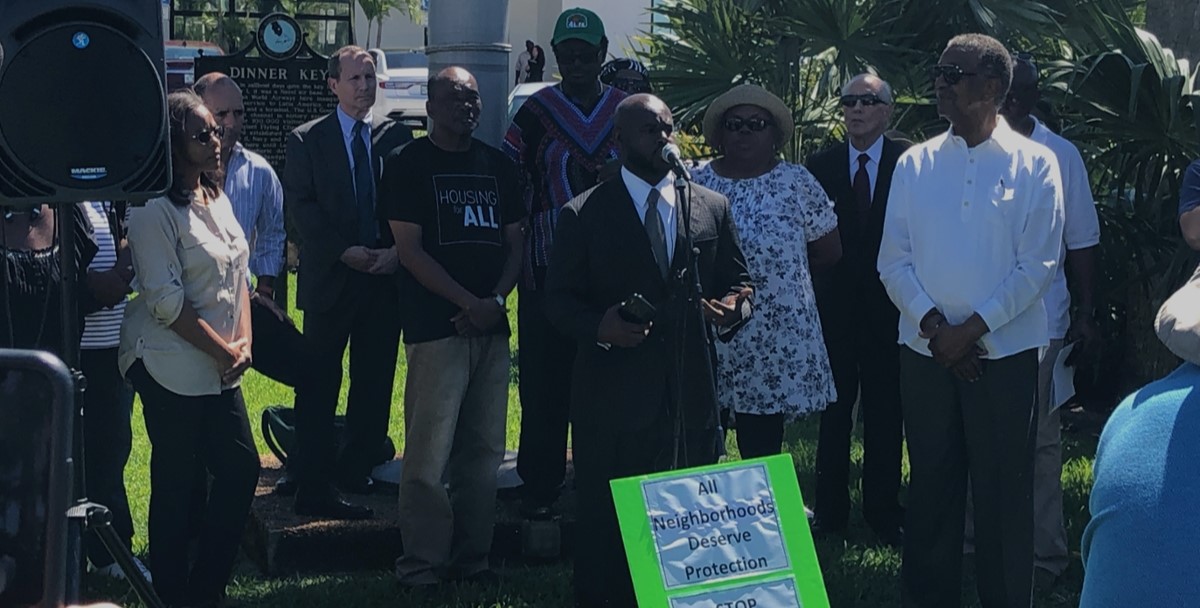
Pro Bono, En Masse
Pro bono work is one of the pillars of applied legal ethics, and the practice is exemplified nowhere better than the University of Miami School of Law’s Center for Ethics and Public Service.
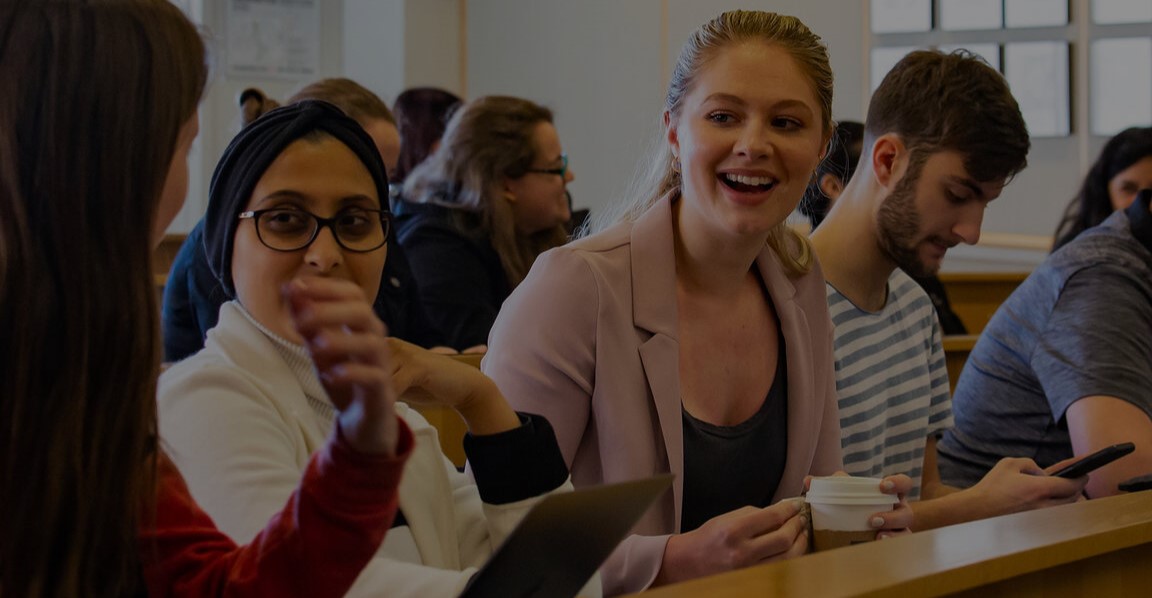
The Mindfulness Committee
The Center for Law and Ethics at the University of San Francisco focuses on ethics within the practice of law with a special interest in wellness practices such as meditation and yoga.

Ethics Across the Campus
The Ethics Across Campus program at the Colorado School of Mines works across courses, research, interpersonal relationship, and academic honesty to promote and coordinate ethics teaching.
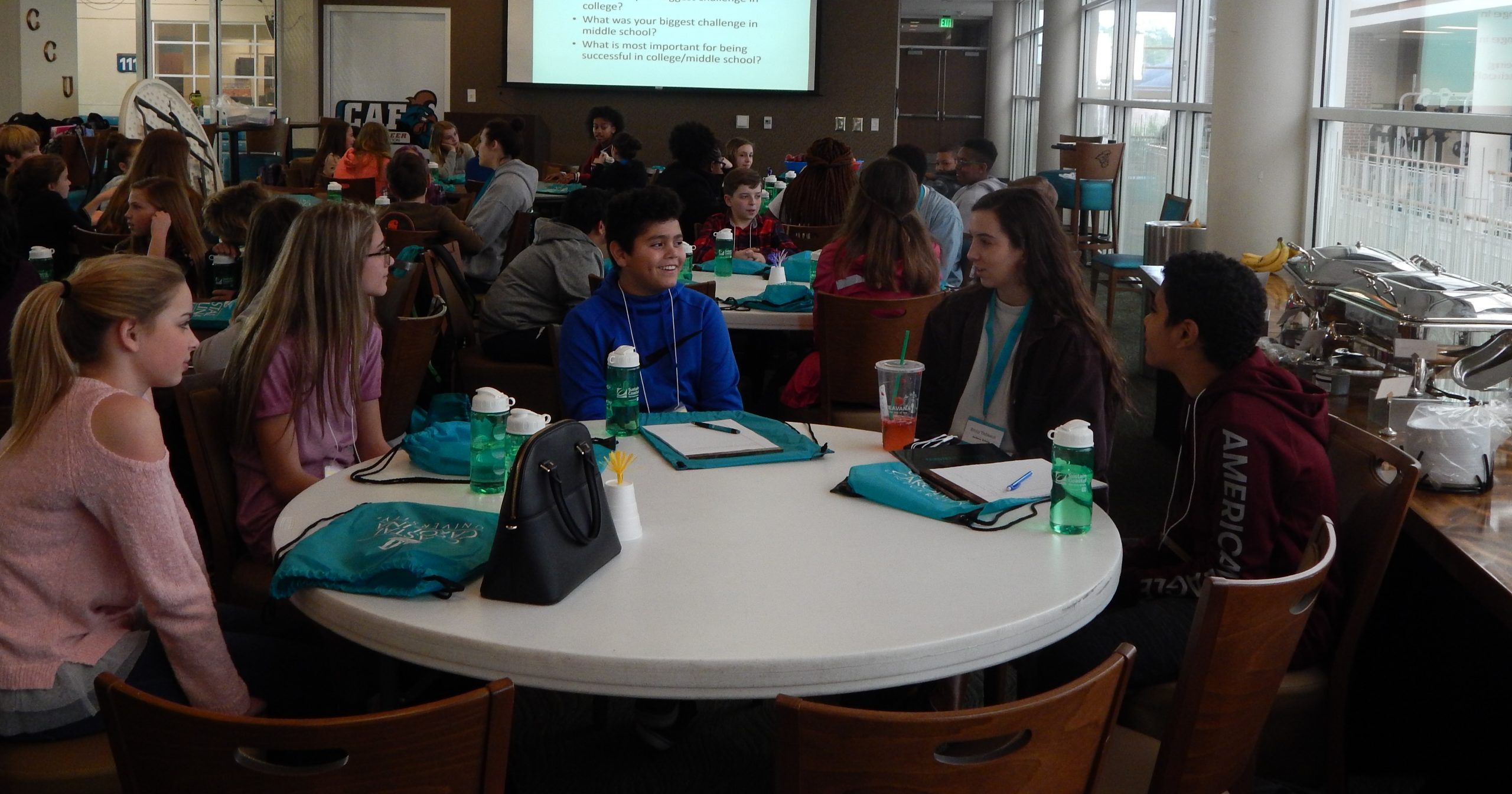
After School Ethics for All Ages
Through an innovative after school program, The Jackson Family Center for Ethics and Values at Coastal Carolina University connects middle school students with philosophy undergraduates.
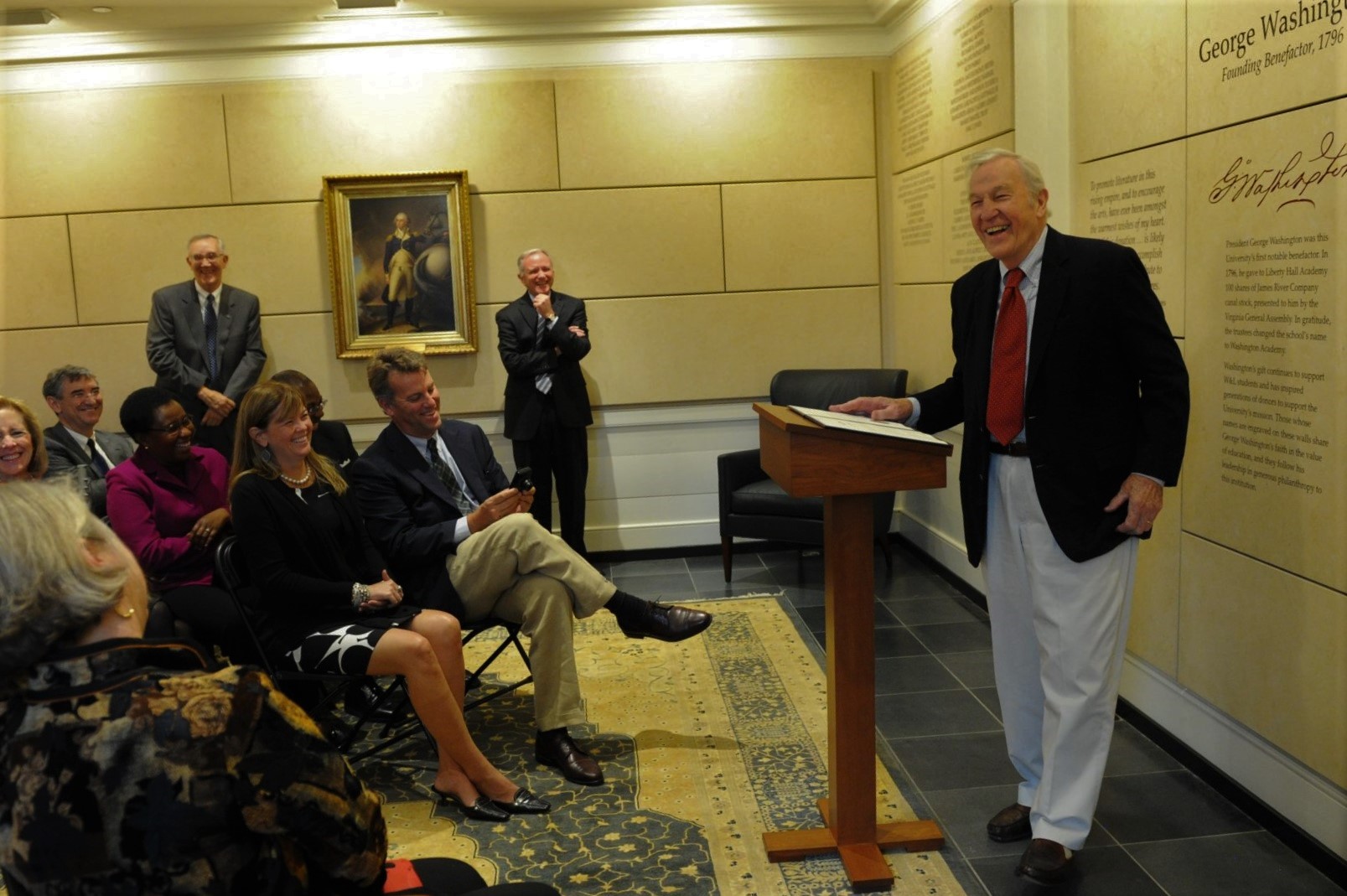
An Ethics Conference for Undergrads, by Undergrads
Undergrad students with the Roger Mudd Center for Ethics at Washington and Lee University take advancing dialogue, teaching, and research on ethical issues seriously.
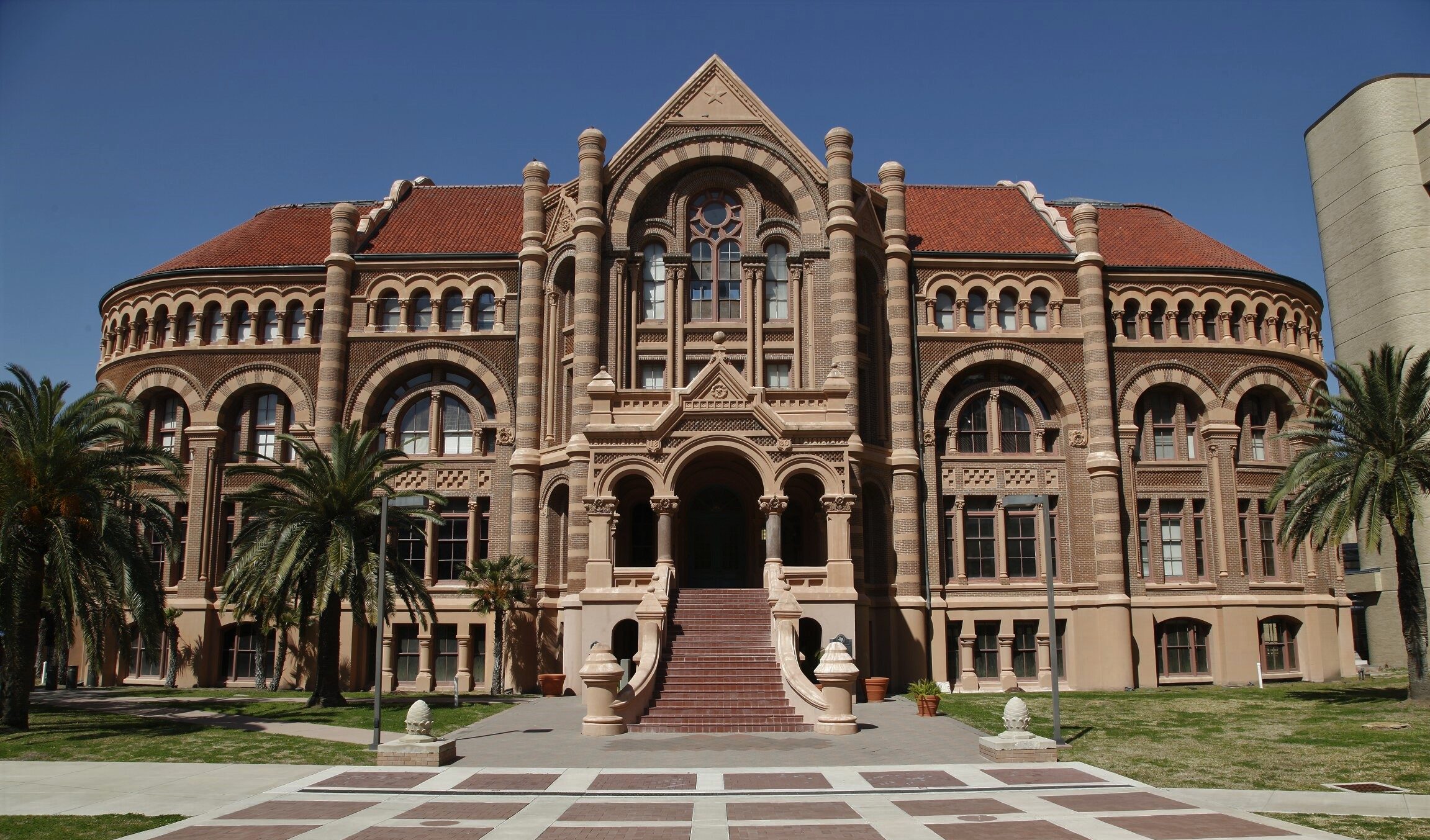
Reproductive Rights and Interdisciplinary Ethics
The University of Texas Medical Branch maintains a strong commitment to addressing issues in clinical practice and biomedical research from the perspectives of ethics and law.
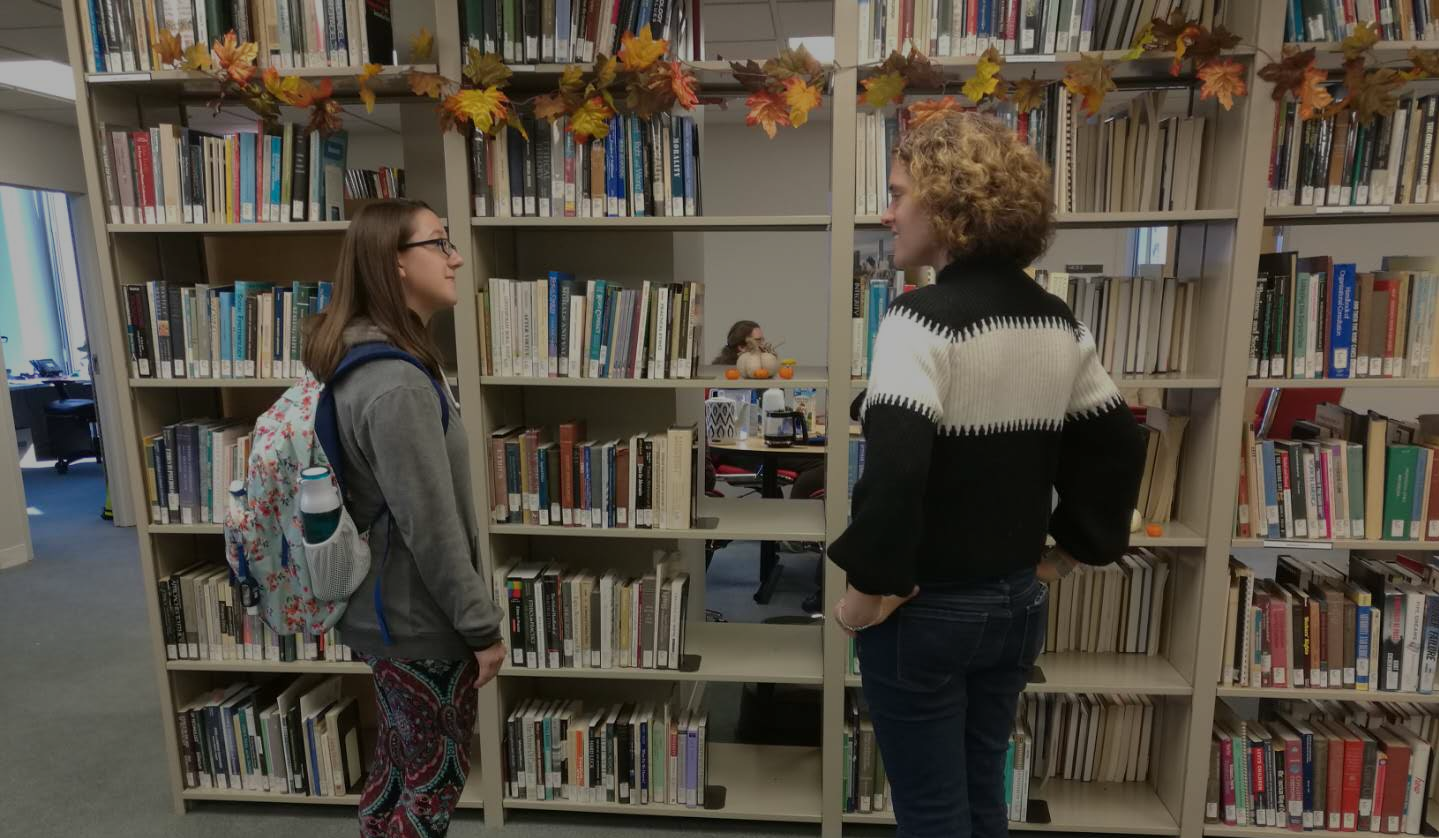
Reframing the Ethics of Climate Change
The Center for the Study of Ethics in the Professions at Illinois Institute of Technology was founded in 1976, originally focusing on ethics in the professions. So why climate change?

Ethics Center Protects Democracy in Battleground State
The dangers of misinformation led the University of Wisconsin-Madison Center for Journalism Ethics in their three-prong approach to spreading the truth this election season.

Students Set Direction for SMU Ethics Center
Social distancing and self-isolation, “requires discipline, mental toughness, and courage; not traits I particularly associated with myself.” This was an early realization shared by SMU junior Rylee Bailey in her pandemic blog.

An Ethics Framework for Decision-makers
The pandemic fractured normal life, creating a call to action for the public-facing Johns Hopkins Berman Institute of Bioethics.

Ethics Connects Campus and Community
Ethics Bowl was the springboard for campus-wide ethics at Santa Fe College. Although the team won the national two-year college competition twice in four years, that was only the beginning.

Teaching Leaders to Listen
Today, The National Center for Bioethics in Research and Health Care at Tuskegee University continues a 20 plus-year tradition of addressing health, health disparities and social justice.

NSF Grant Embeds Responsible Innovation
According to Notre Dame Professor Mark Bourgeois, "if innovation is to be responsible, consideration of a technology’s ethical and social dimensions must be made a systematic part of the innovation process.".
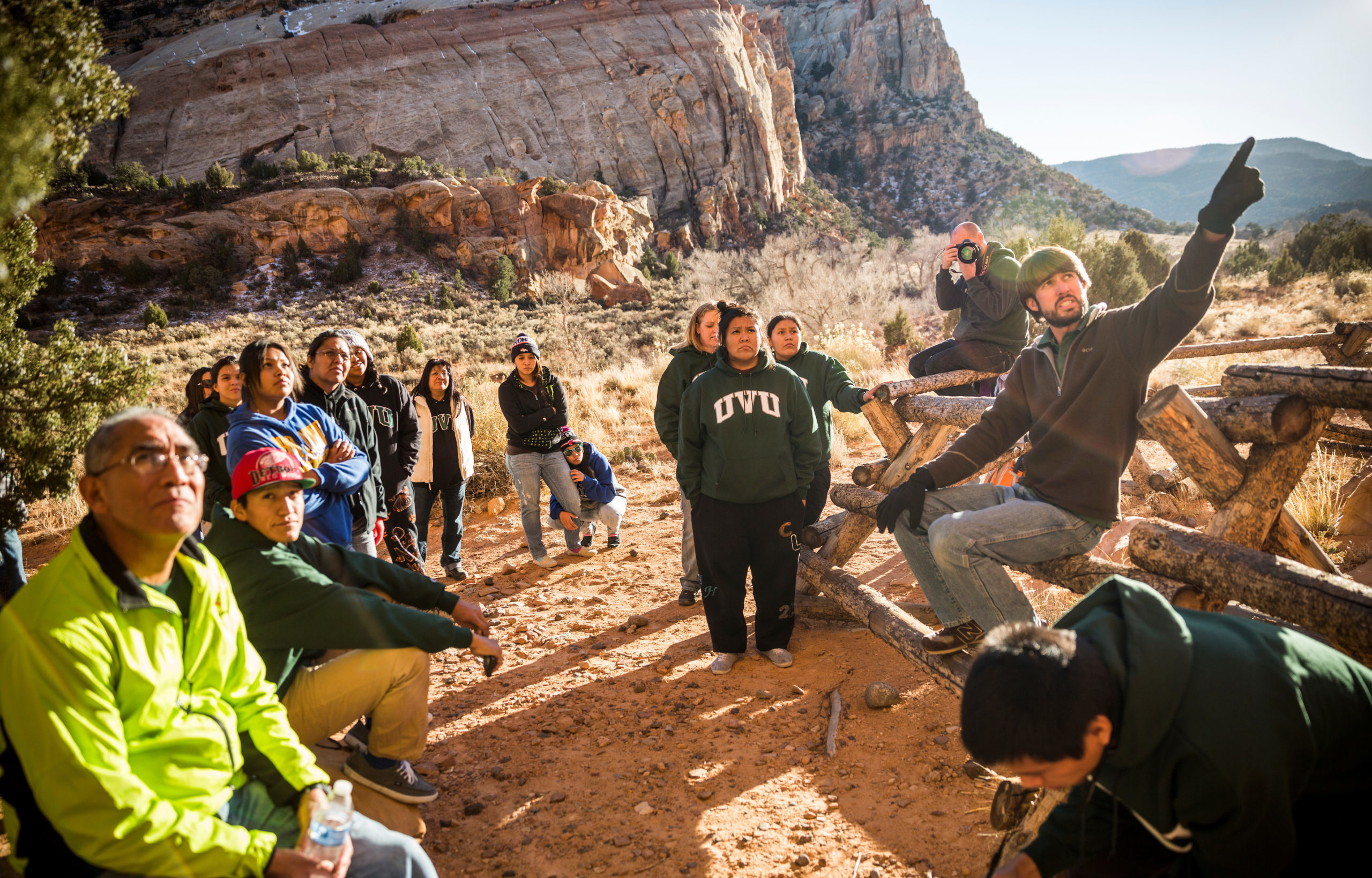
Growing Ethics Across the Curriculum
Elaine Englehardt was an instructor at the Utah Technical College in 1986 when she designed the first grant-funded Ethics Across the Curriculum (EAC) program.
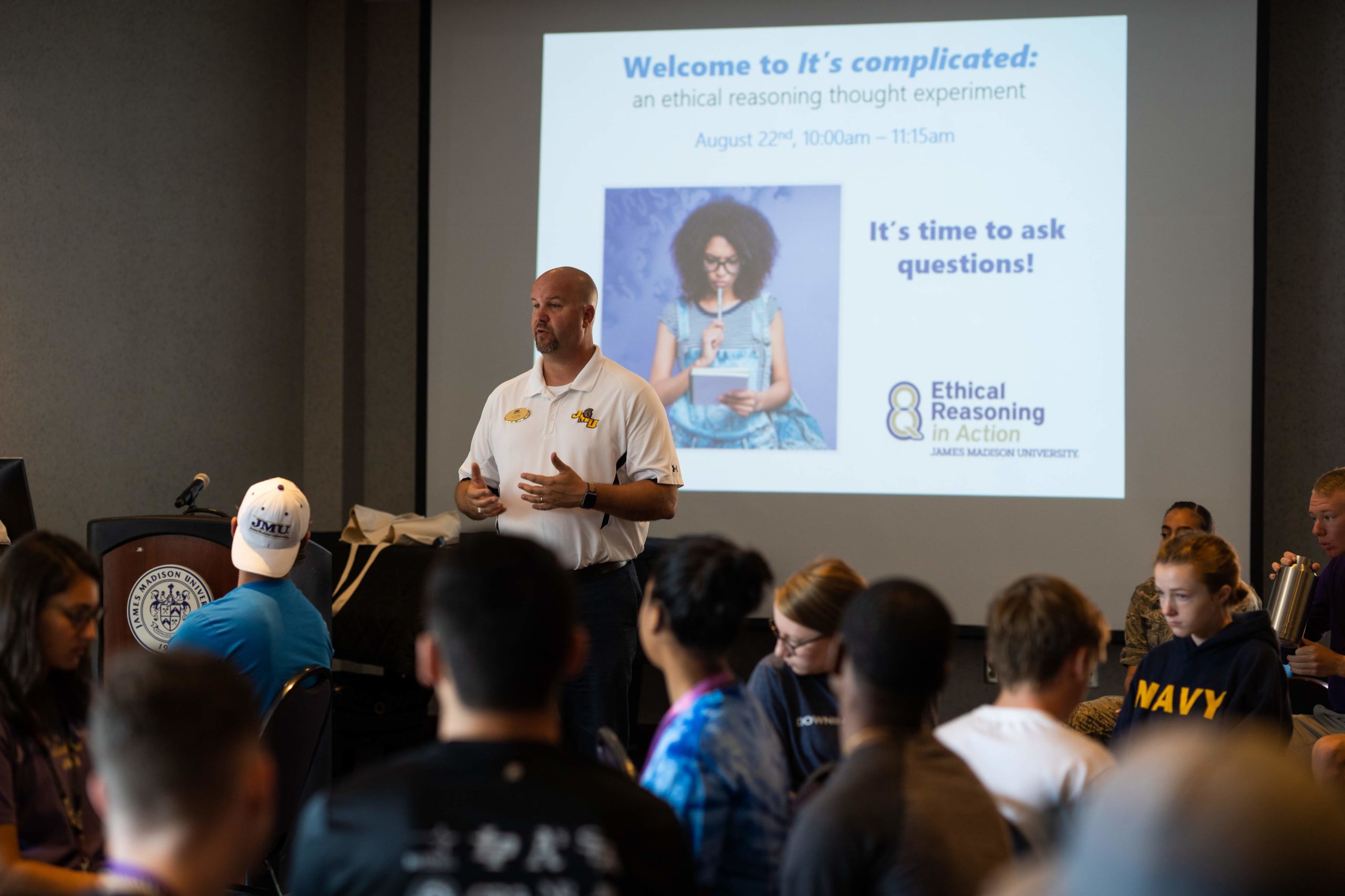
JMU Ponders Eight Key Questions
When James Madison University makes teaching ethical reasoning skills a ten-year project, people notice.
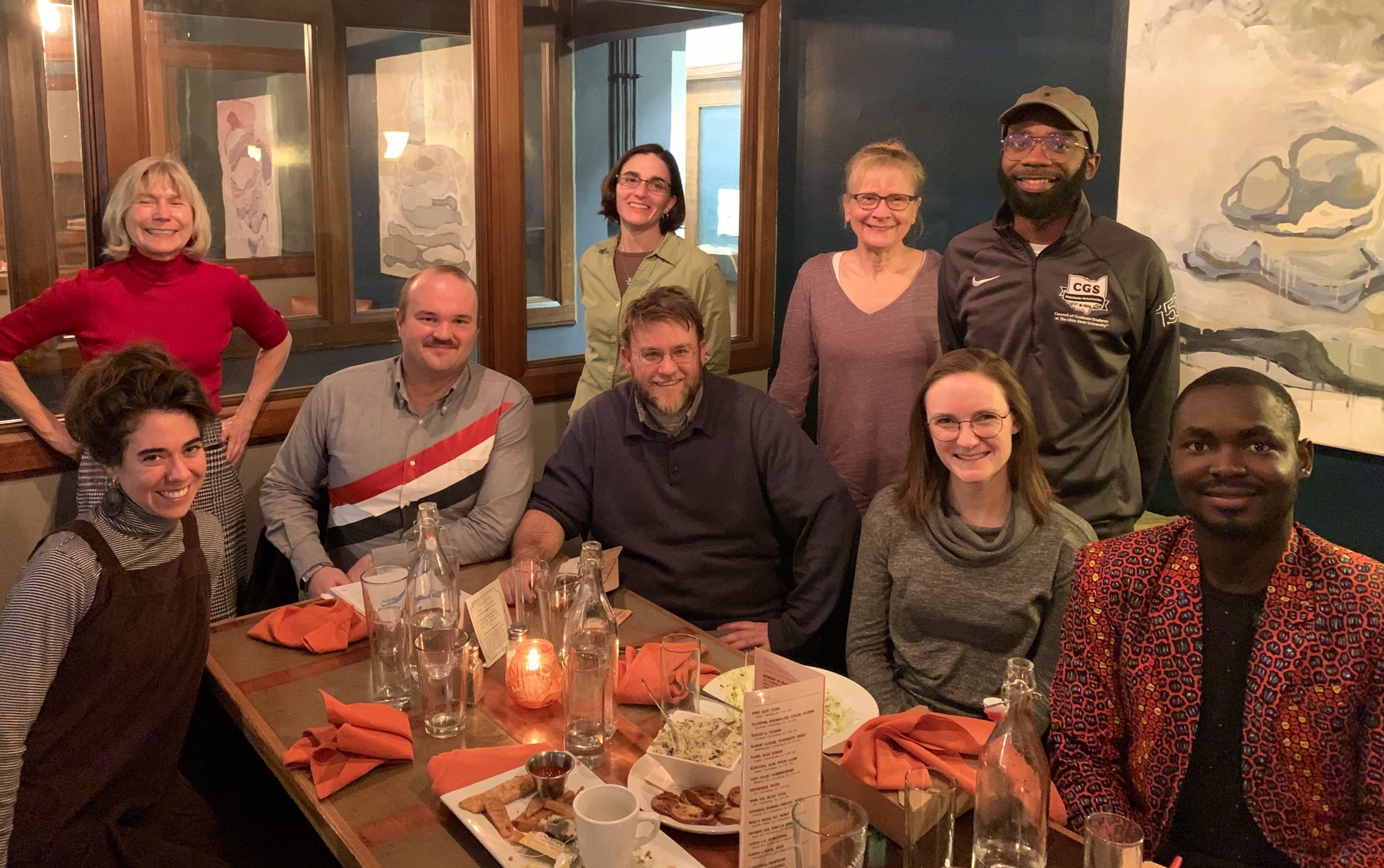
Ohio State University Creates Ethics Circles
“People don’t always know how to talk about ethics,” said Piers Turner, the Director of the Center for Ethics and Human Values (CEHV) at Ohio State University.
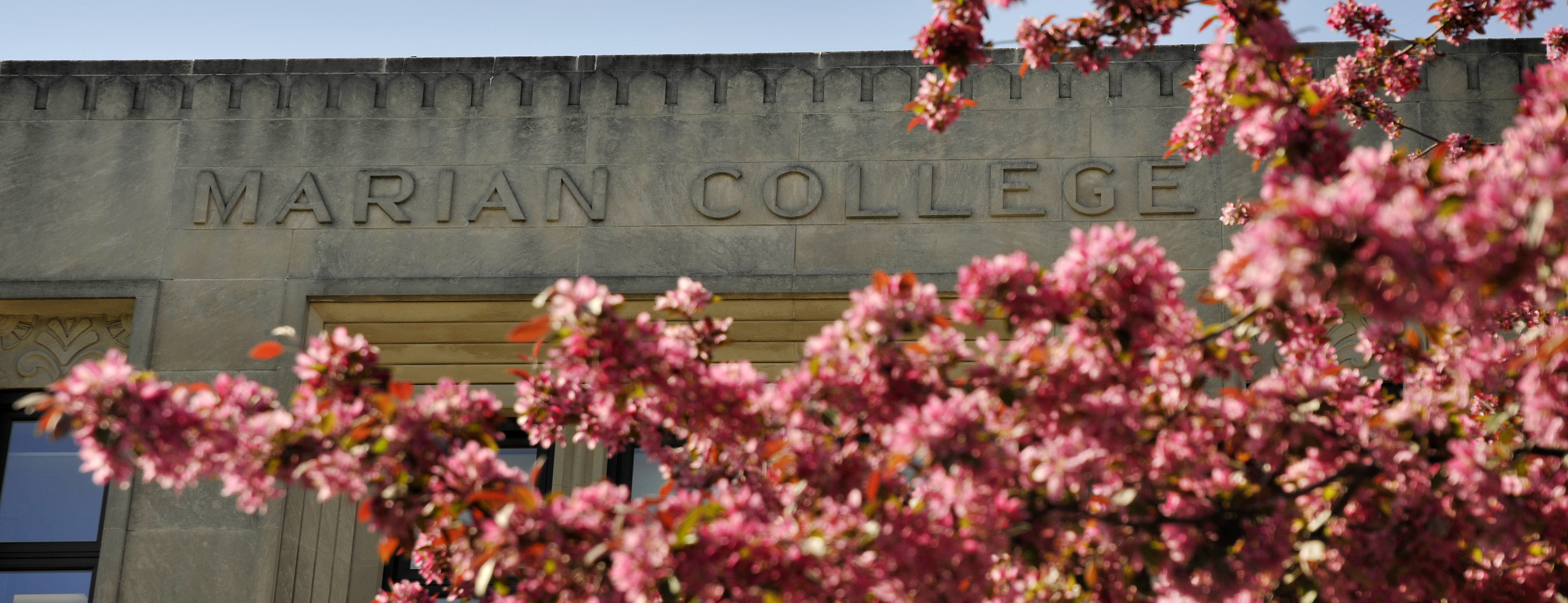
Marian University Leadership Prioritizes Ethics
Marian University Indianapolis prides itself on transformational leadership.
